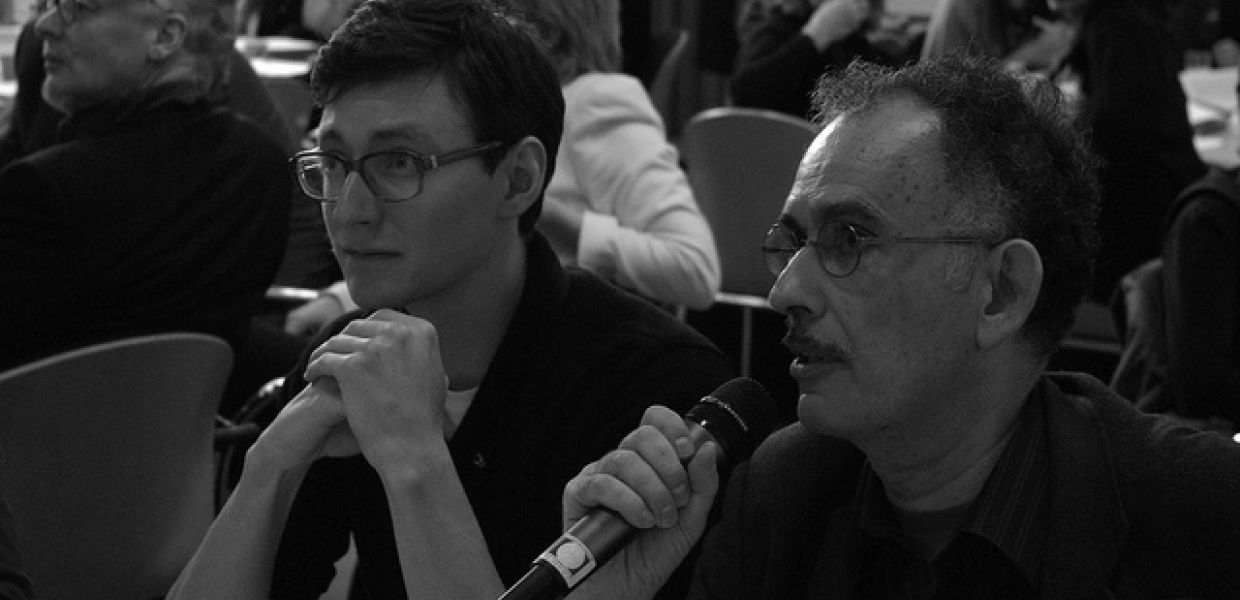Answers To Your Questions About Europeana Cloud

Will the Europeana Cloud service be free? What types of metadata will be accepted? Will the documentation and standards developed through the project be Open Source so that others can benefit from them?
These were a few of the many questions posed by around 60 cultural heritage professionals at the latest Europeana Cloud workshop, which took place in Rotterdam as part of Europeana's Annual General Meeting (see the presentation from the event by project co-ordinator Alastair Dunning).
We're currently working to update the Europeana Cloud website with answers to many of these Frequently Asked Questions. In the meantime, we've selected four questions from the workshop to answer here, in this blog post.
Q1. Who is Europeana Cloud for?
The first versions of Europeana Cloud will be for the three aggregators in the project: The European Library, the Polish Digital Library Federation and Europeana itself. Europeana Cloud aims to be a data storage platform that replaces their current systems. As Europeana Cloud develops, we will open membership to aggregators and cultural heritage organisations (likely in early 2016). They will be able to use the cloud to upload and share metadata and content among members. Finally, data will also be made available to end users via APIs and third-party tools, according to access conditions stipulated by the data provider.
Q2. Will the Europeana Cloud service be free?
The business model underpinning the service is still being developed. We'll aim to make many features and services available for free or at a minimal cost, however it's unlikely that we'll be able to offer free storage for content providers. Our goal is to develop a system that offers clear value-for-money over existing options.
Q3. What types of metadata will be accepted and under what license?
That needs to be decided through consultation with project partners, potential content providers and the researchers who we hope will use the content. We naturally would like as much of the content as possible to be available under a CC0, to enable re-use by the research community. Equally, we are aware that some types of metadata (eg. rich geotagged metadata) may require difference licenses and will be exploring the issues around that.
Q4. Will Europeana Cloud make its documentation and standards Open Source?
Yes! We will adhere to the spirit of all Europeana projects and make as much of our work Open Source as possible. You can already read the reports prepared in the first year of the project here on our website, including the initial proposed architecture and the first sets of metadata that will be added to the cloud.
If you’d like to learn more about the project, and want to be notified as it opens to new partners, please sign up for our newsletter. You are also welcome to contact project coordinator Alastair Dunning (alastair.dunning@kb.nl) with questions.
